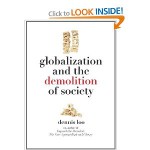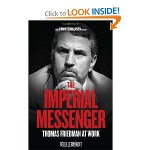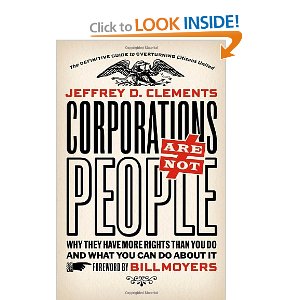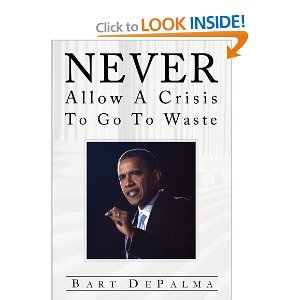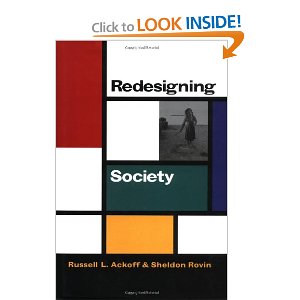
5.0 out of 5 stars America Desperately Needs More Illumination Such as This January 16, 2012
I received a review copy of this book [note to publishers: always ask first] and was glad to be offered a chance to read something as important as this. America desperately needs more illumination on the corruption in our government, and the evil done in our name without our permission but very much at our expense.
As a career veteran of the national security community–the Marine Corps and the Central Intelligence Agency–followed by seventeen years teaching 90 governments — 66 directly — how to get a grip on Open Source Intelligence (OSINT) that provides 95% of what we need to know at 2% or less of the cost of what we spend now on secret intelligence–I am well-qualified to read this book from a patriot's point of view.
A strong national defense capability does NOT exist in the USA today. Posturing fools such as Senator Rick Santorum have no idea what they are talking about when they seek to discredit those of us who do. The infantry, four percent of the force, takes eighty percent of the casualties and receives ONE PERCENT of the Pentagon budget. Within the other 99%, half–at least–is fraud, waste, and abuse that makes America weaker, not stronger.
This book, edited by David Swanson, is a very good deal at $25. Its 368 pages include chapters from thirty other authors besides the editor, and include contributions from Ray McGovern and Karen Kwiatkowski, whose work I have admired in the past. If there were one flaw in the book, but not so serious as to lose a star, it would be its isolation from the pioneering work done by Pierre Sprey, Chuck Spinney, and Winslow Wheeler, with a genuflection toward John Boyd, the real pioneer of smart sufficient national security.
What is uniquely valuable about this book, something I have not seen elsewhere, is its provision of a holistic examination not just of the military-industrial process and fraudulent, wasteful, abusive bad design, bad performance, and bad cost, but of the costs that the military-industrial complex imposes on all of us and our economy and our society. This is a world-class book that should be translated into other languages to help others avoid our long-running mistakes.
Here are the blinding flashes of solid insight that stayed with me and merit the broadest possible public understanding:
Continue reading “Review: The Military Industrial Compex at 50”




